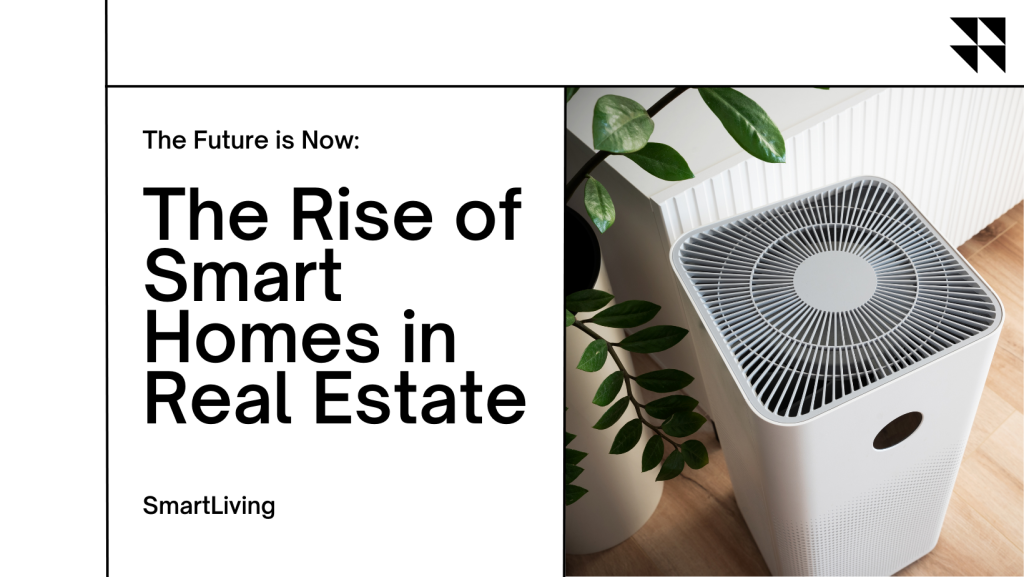The idea of “smart homes” has become increasingly popular in the real estate industry in recent years, completely changing how people live and engage with their homes. Thanks to technological improvements, homeowners may now remotely operate a variety of home appliances, including lighting, security systems, thermostats, and entertainment systems, with only a button push or voice command.
Numerous advantages come with smart home technology, such as improved security, lower energy costs, and greater convenience. For example, homeowners can optimise energy usage and lower their environmental impact by remotely adjusting the settings on their thermostat. This allows them to save money on utility costs. Likewise, smart home security systems offer comfort by enabling homeowners to keep an eye on their properties from any location in the
Moreover, customised experiences catered to unique tastes and routines are made possible by the incorporation of artificial intelligence (AI) and machine learning algorithms into smart home appliances. Over time, these systems pick up on user behaviour and alter settings automatically, anticipating needs to further improve comfort and efficiency.
Developers and real estate agents are increasingly integrating smart home elements into new construction and remodelling projects, ranging from single-family homes to multi-unit apartment buildings. These contemporary facilities appeal to both renters and homebuyers since they are seen as necessary elements of modern life.
It’s obvious that the trend towards smart homes is here to stay as the demand for them keeps rising. The future of real estate is in the confluence of continuing technical breakthroughs with a growing focus on sustainability and connection.


